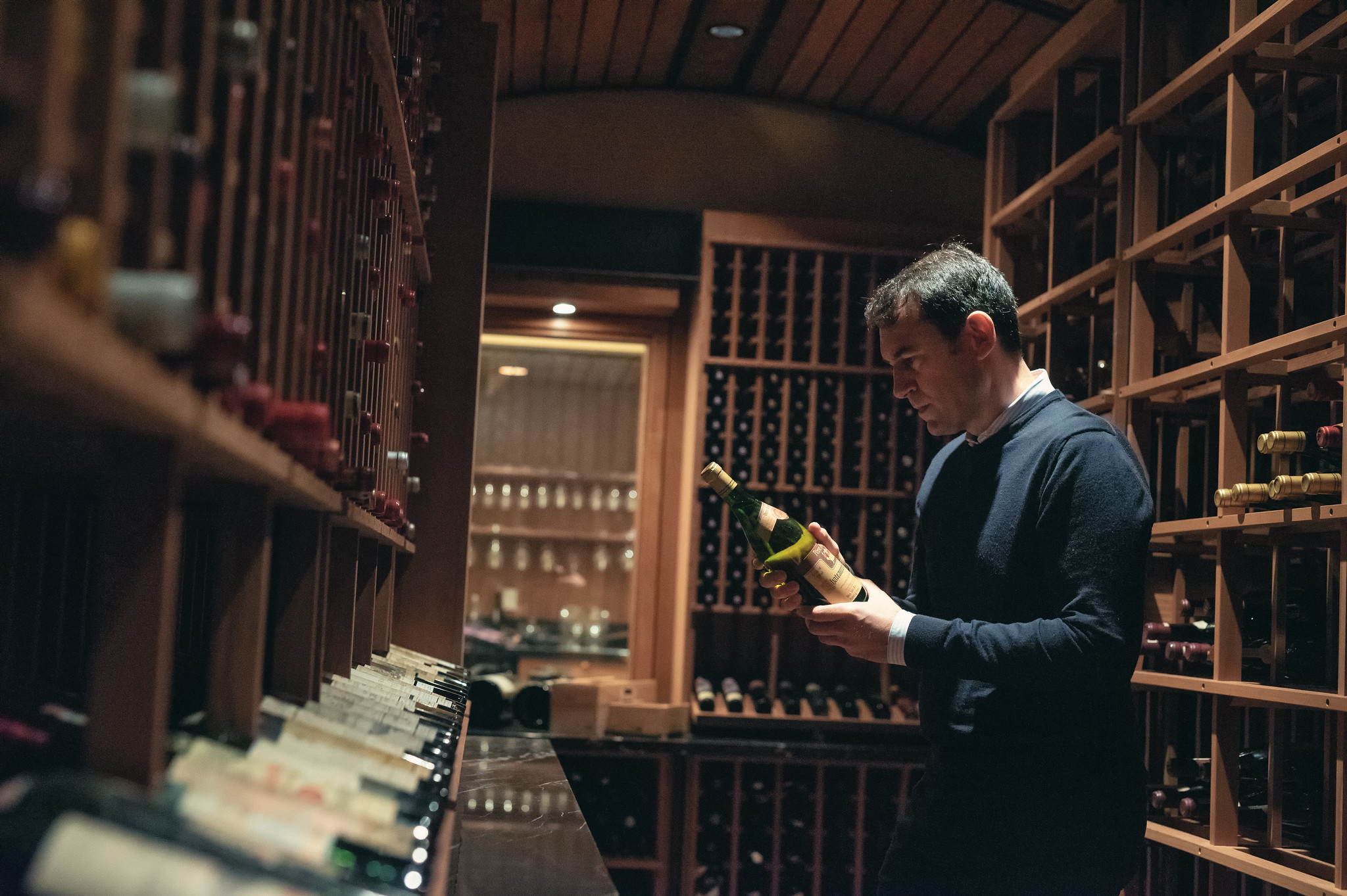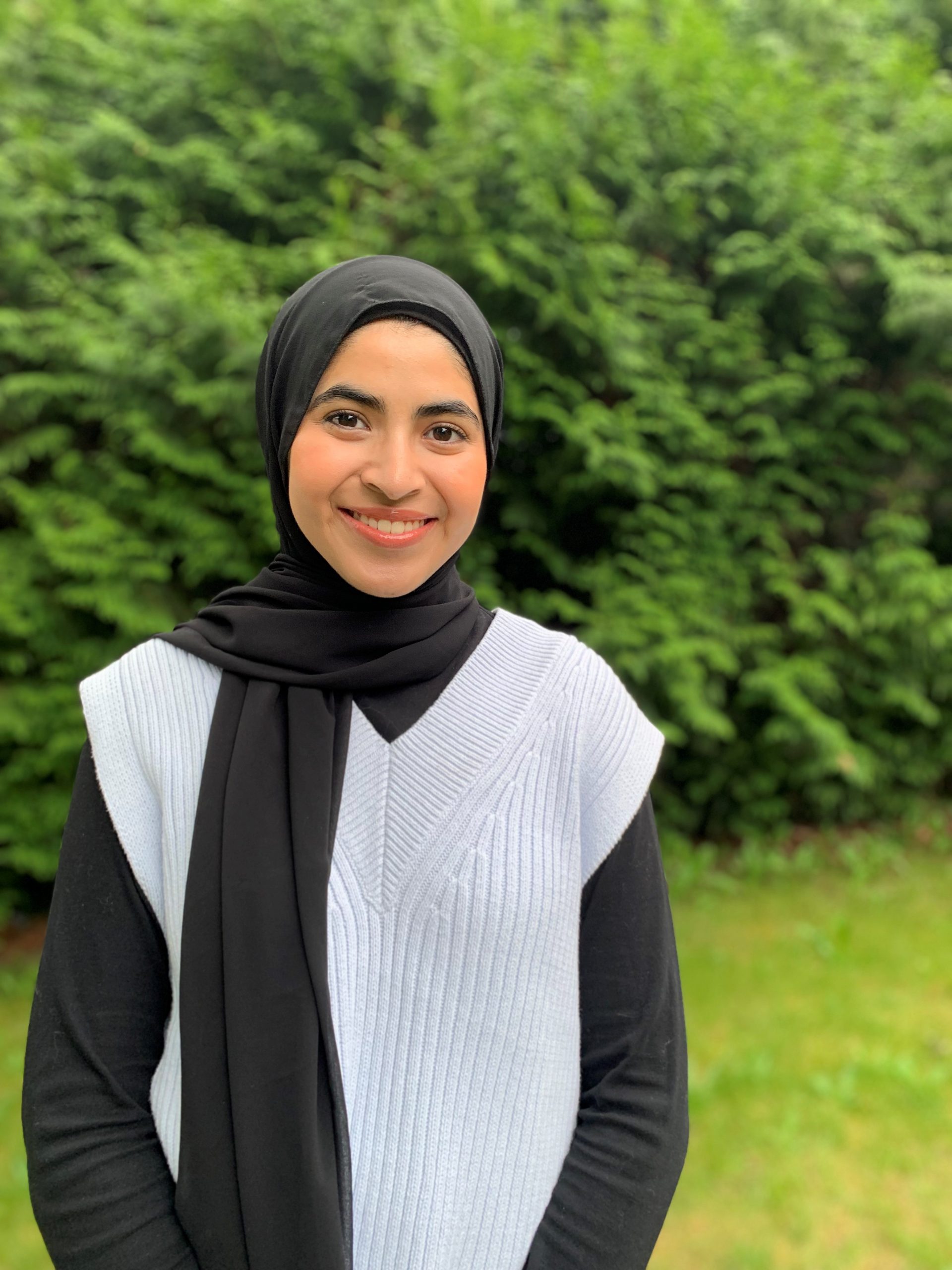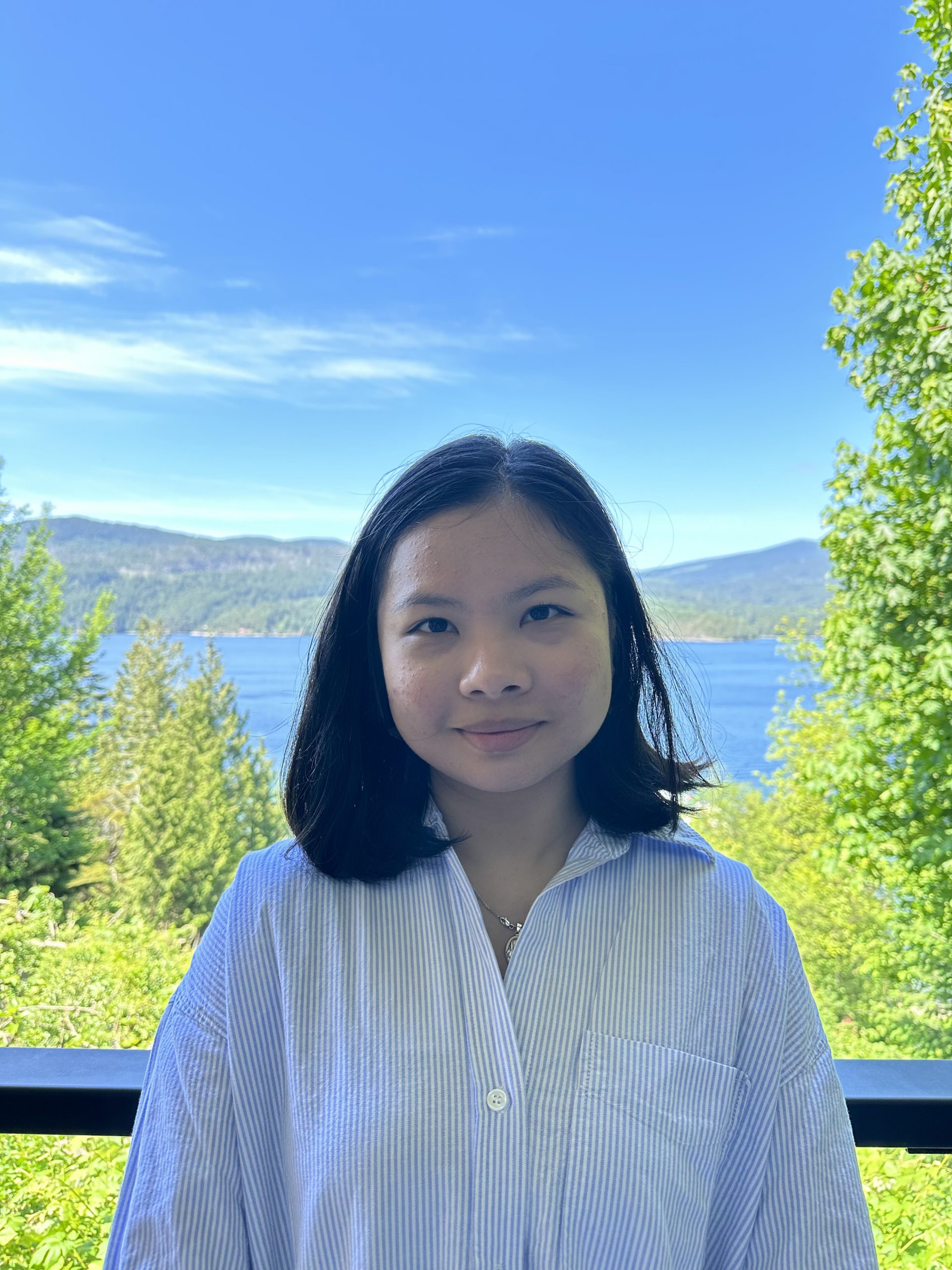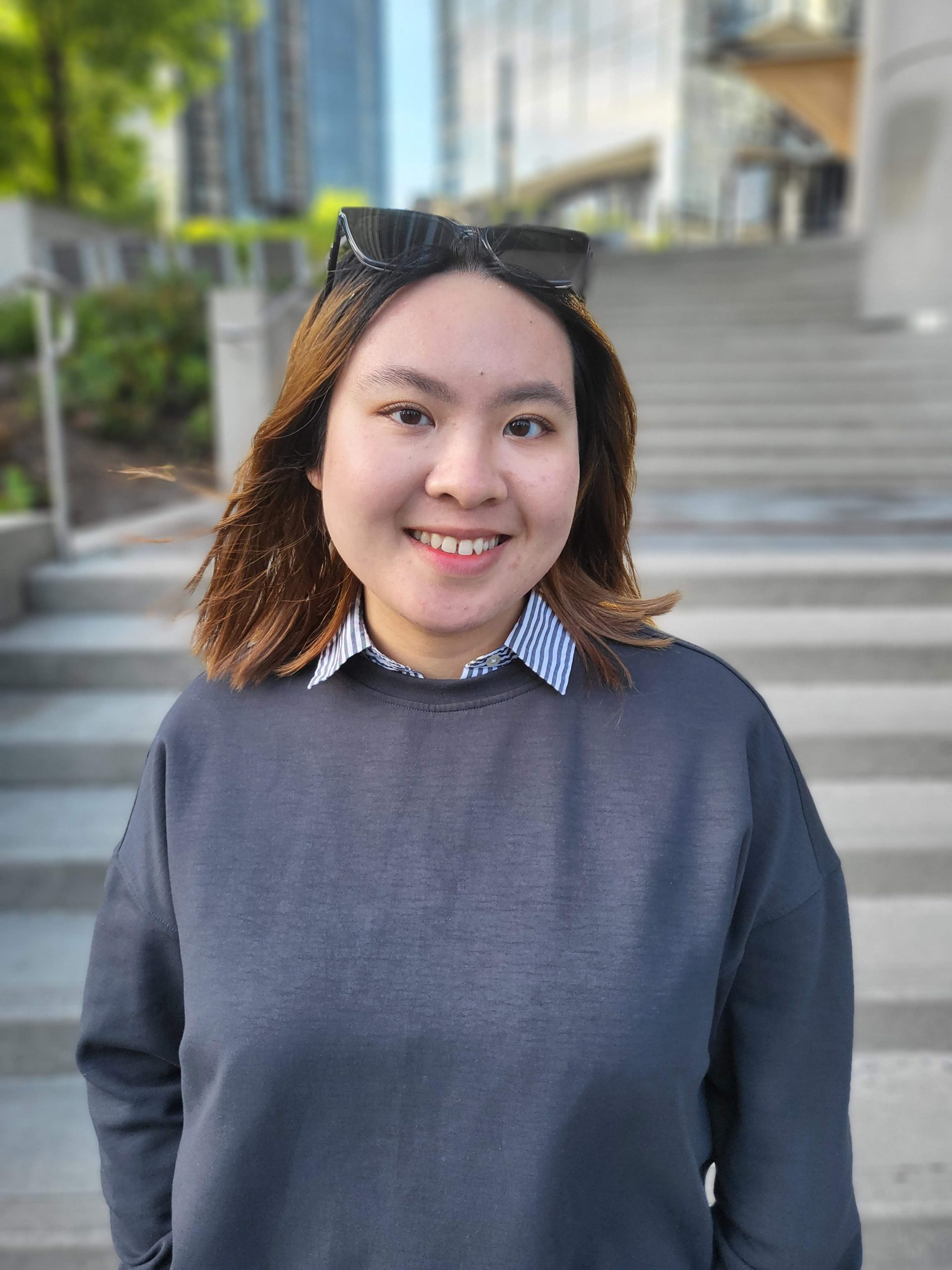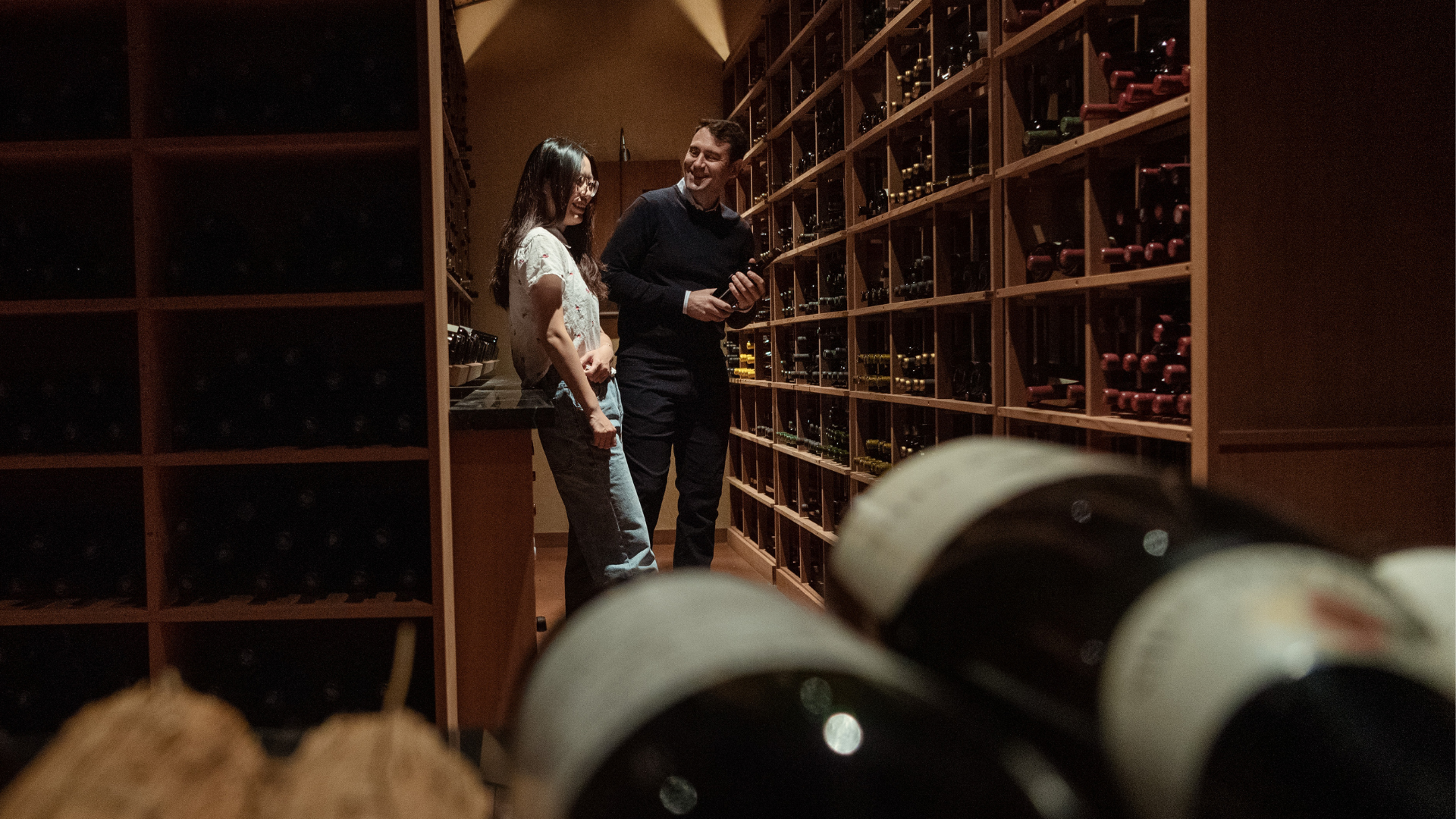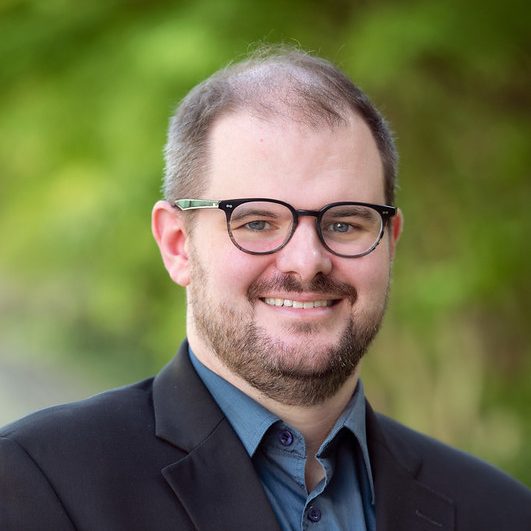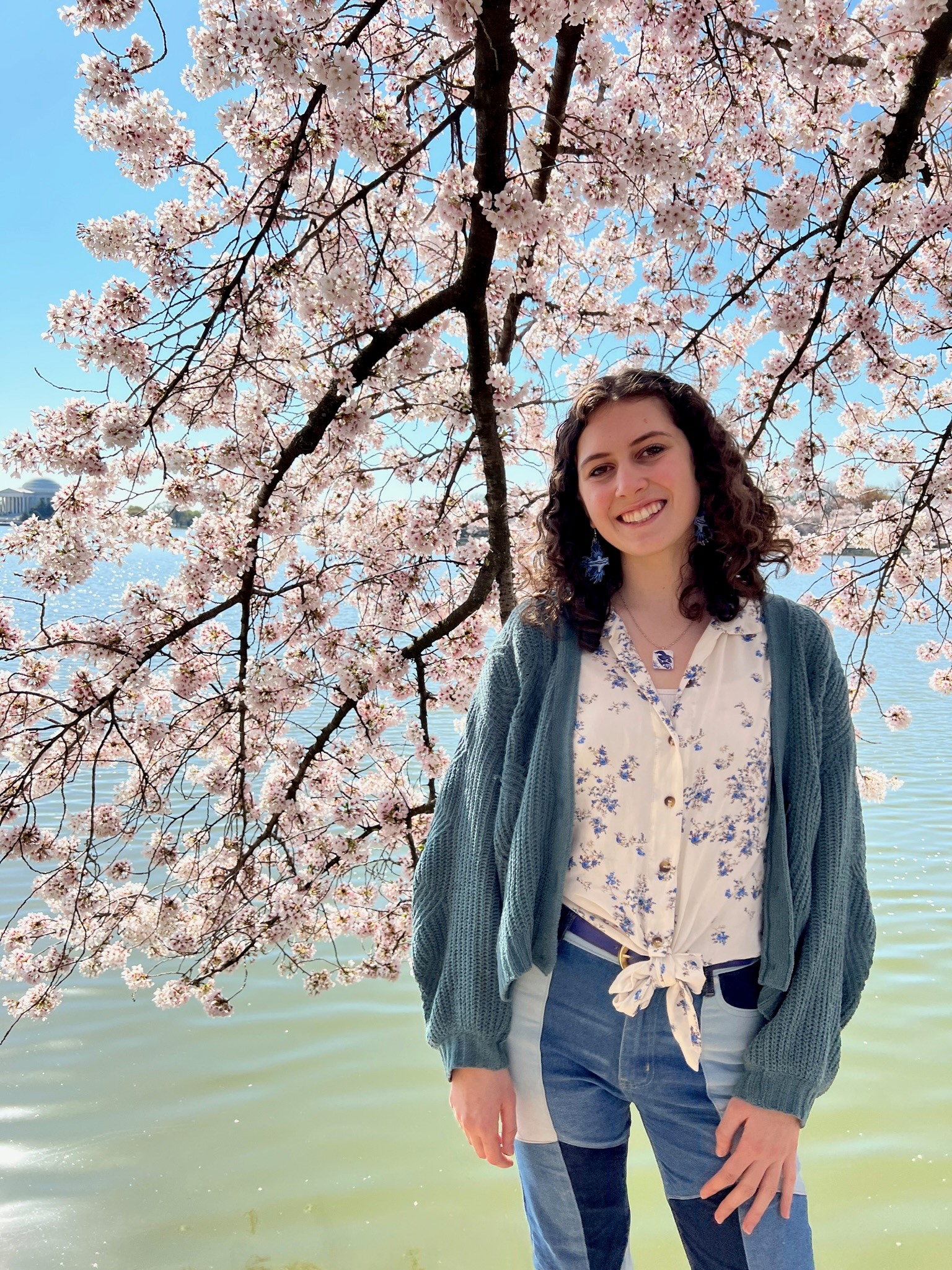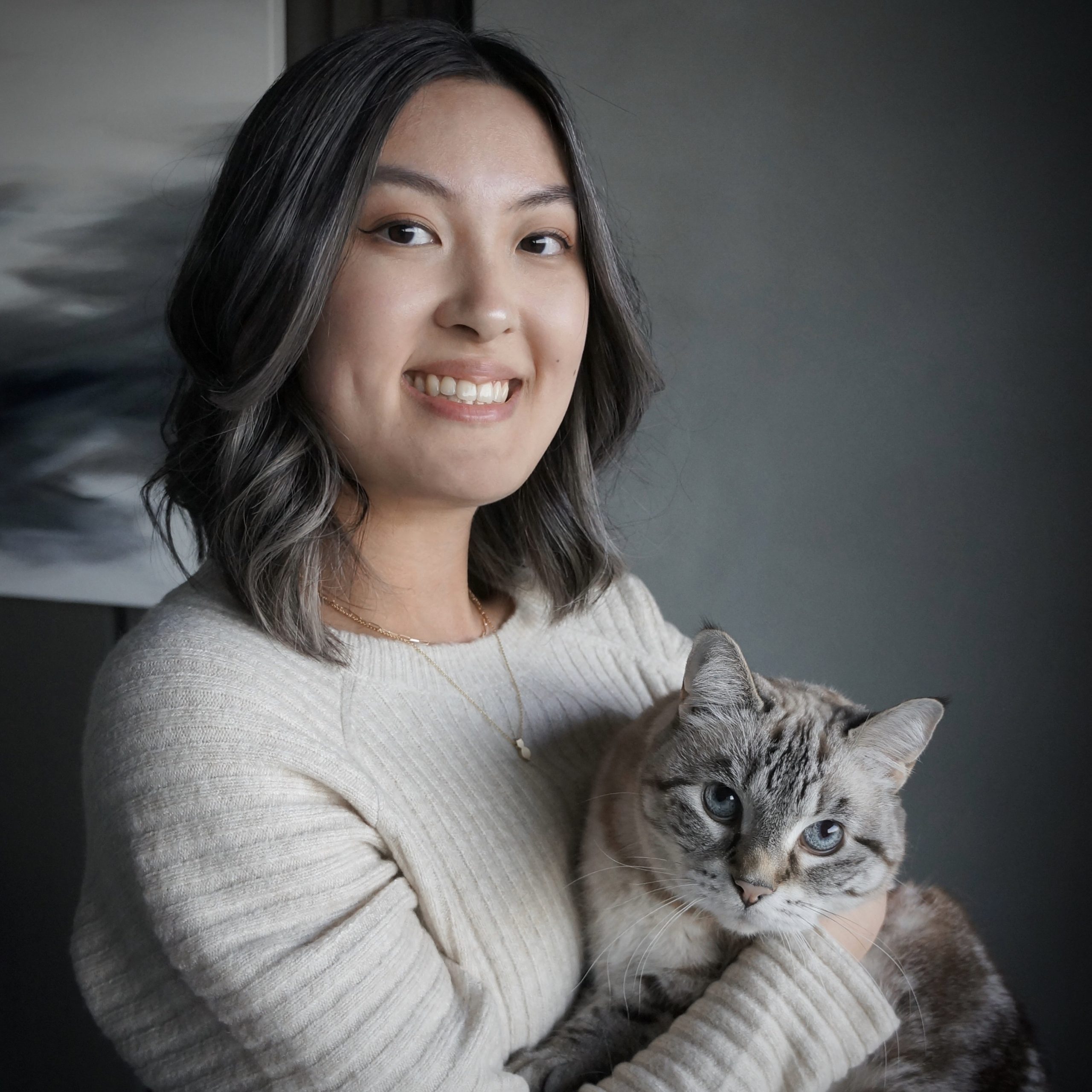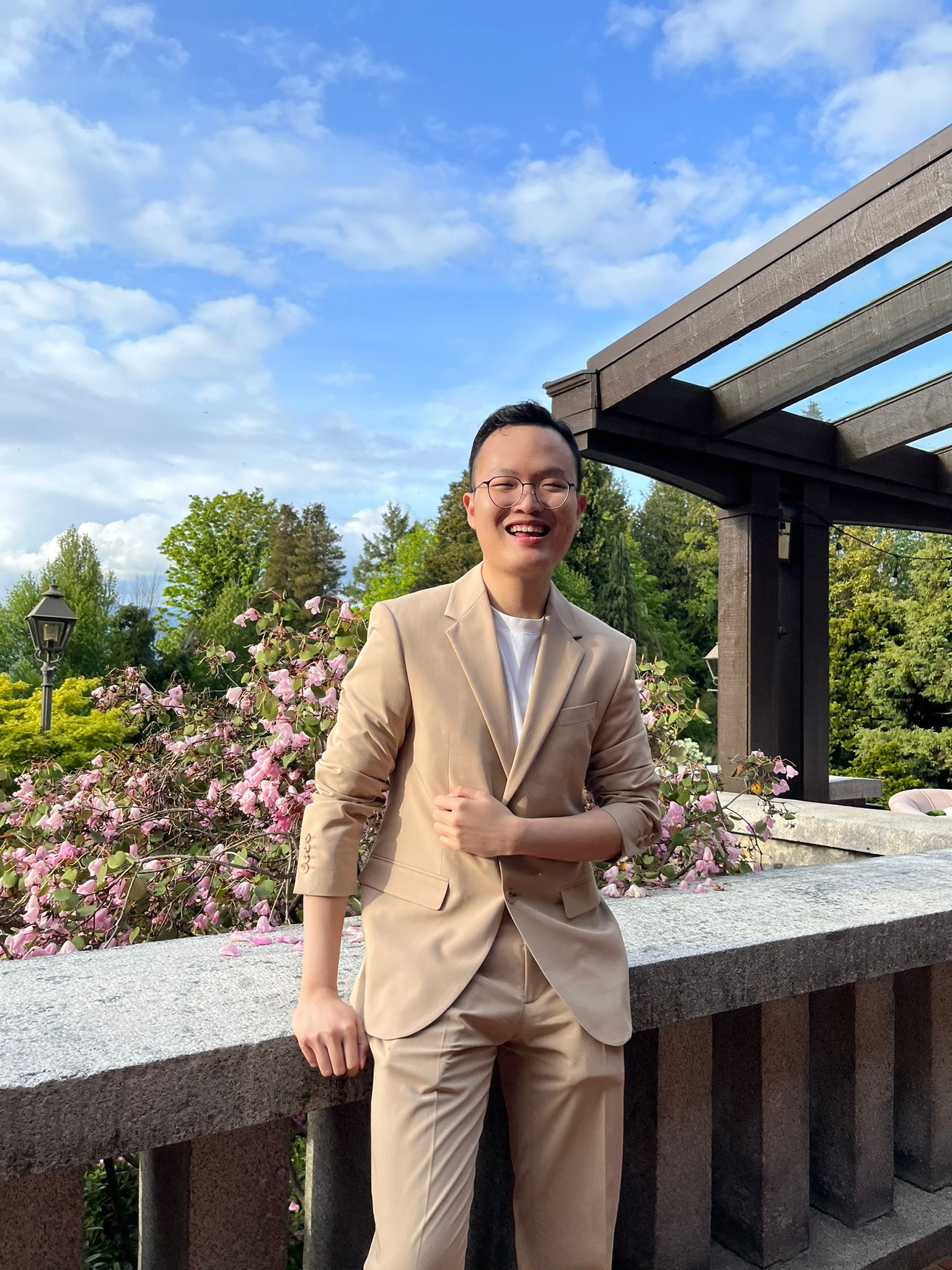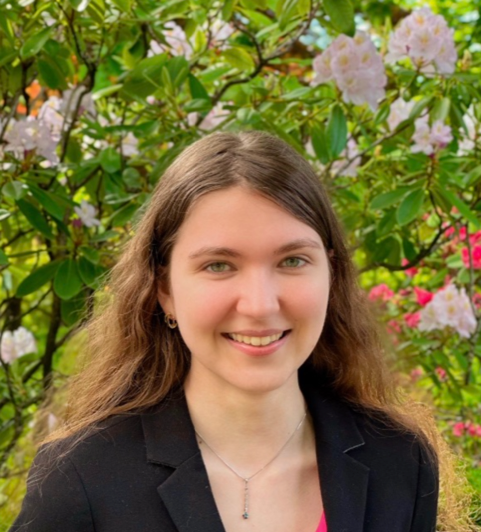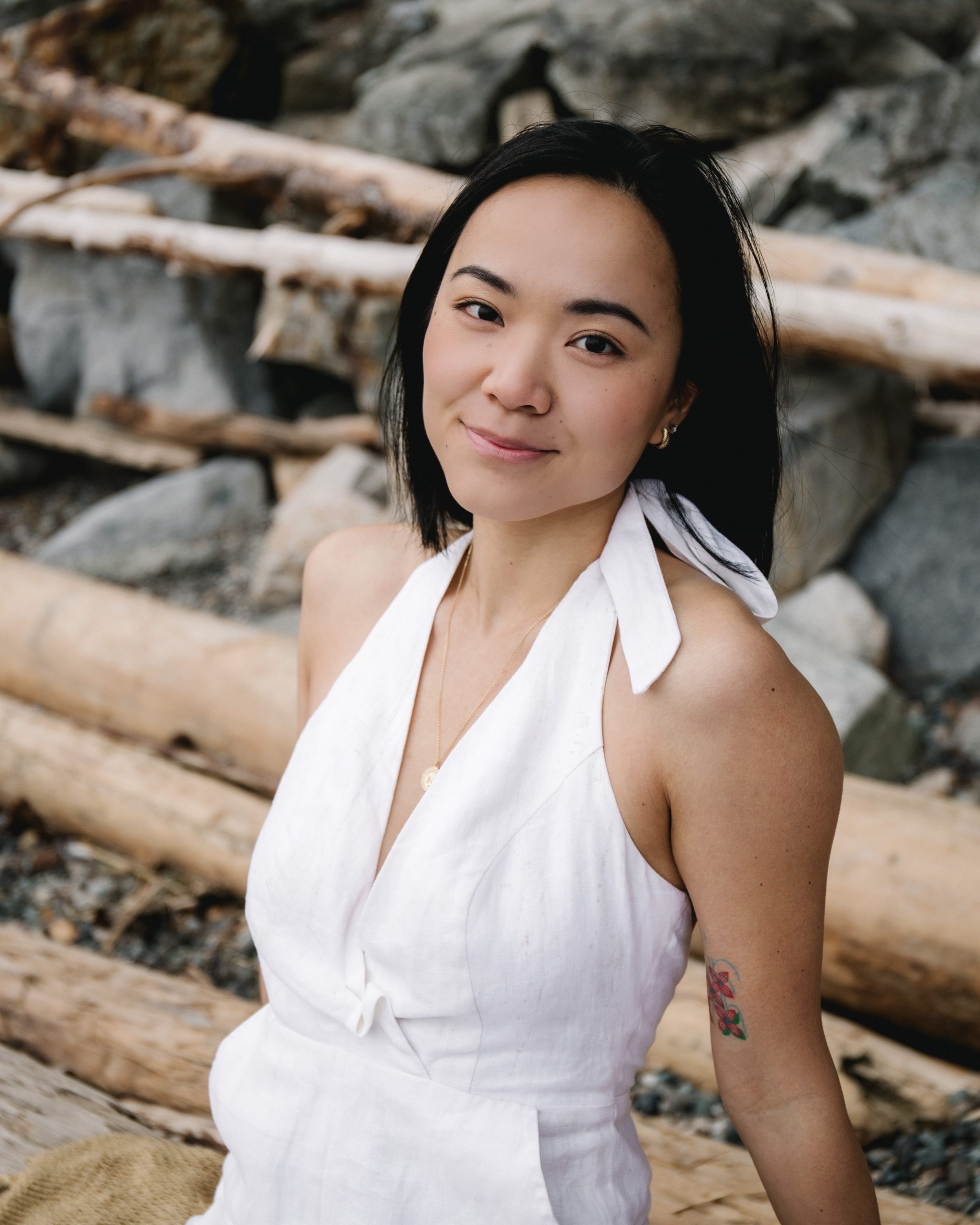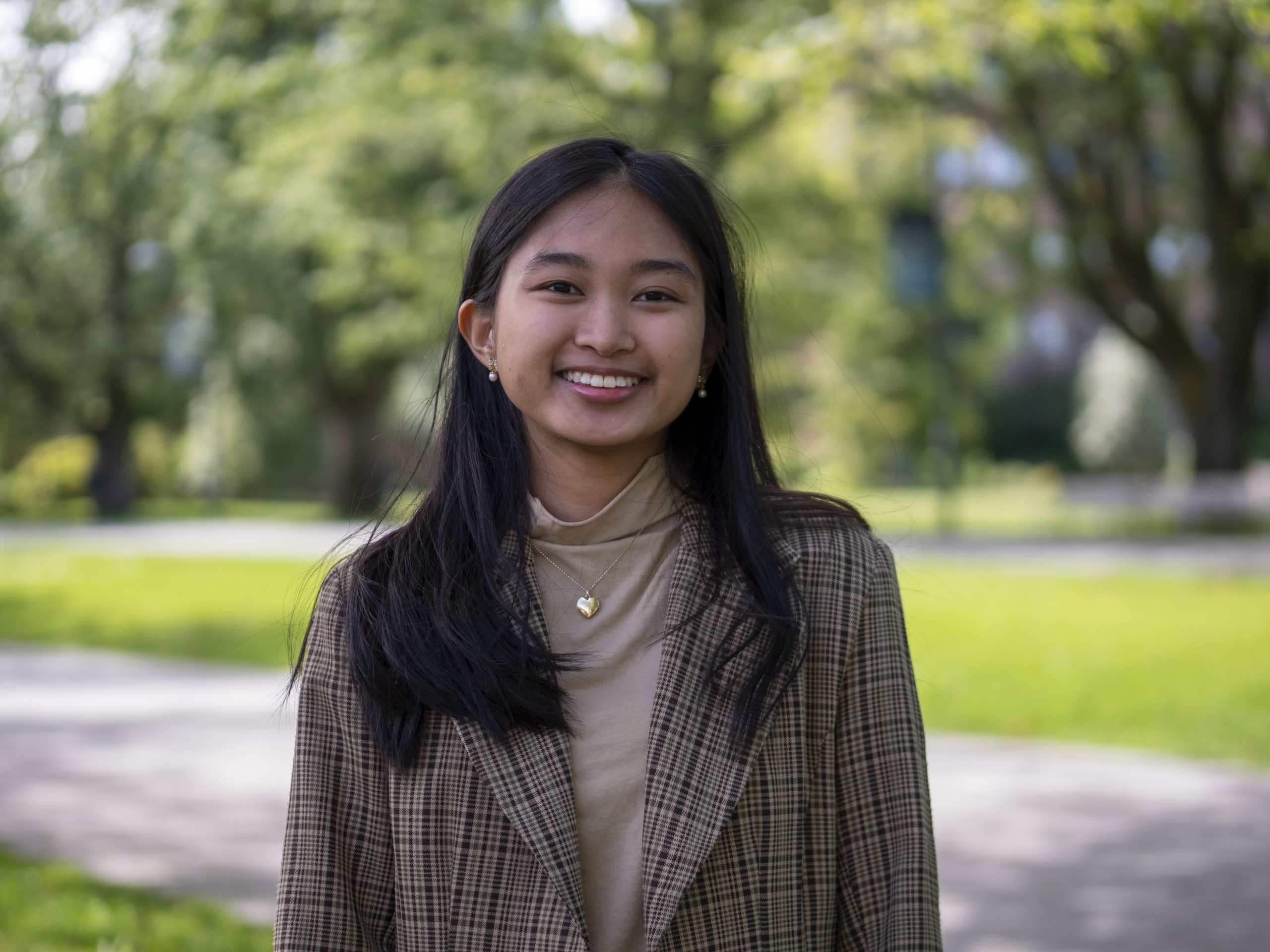Class of 2023: Yolanda Masacha (BSc Applied Biology)
Major in Applied Animal Biology
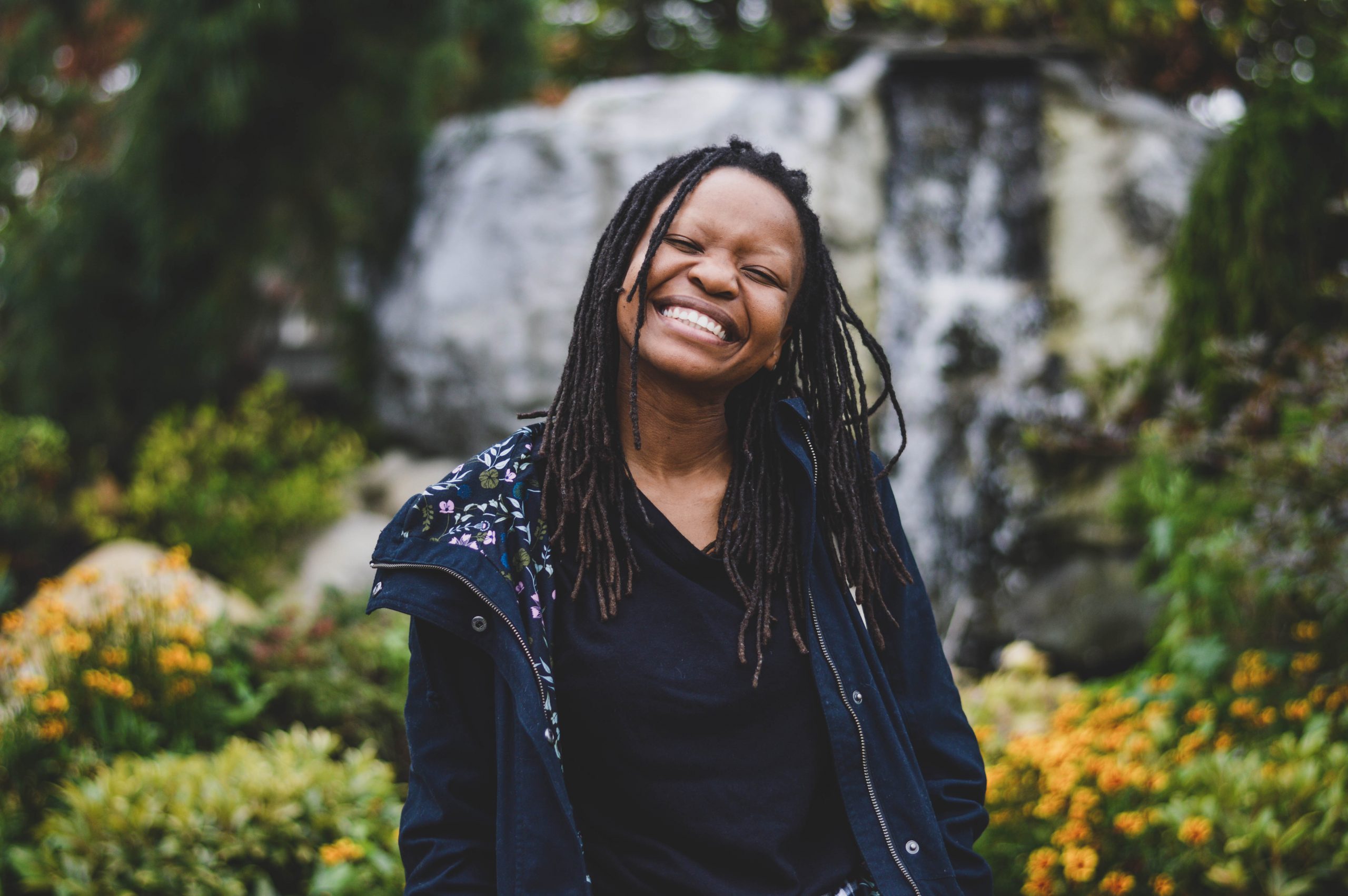
Yolanda Masacha
How did LFS match your personal and/or professional interests?
What drew my interest to LFS was how programs are designed to address real world problems through an interdisciplinary approach. As an APBI student I was able to explore different topics surrounding animals and also learn more about the food system. It was important for me to see the practical application of what I was learning which was directly addressed in all my LFS classes. I was able to work with community partners as well as take part in various projects which helped me understand the different facets of animal welfare and interconnected global issues. As I am still exploring my interests within animal health and welfare, LFS gave me a great foundation of knowledge and skills.
What challenges did you encounter while a student and how did you overcome them?
As a student I encountered numerous challenges which affected my academic progress. The biggest challenge I faced was my health which required me to reduce my course load and seek accommodations through the Centre of Accessibility. I would not have endured or overcome the struggles I faced without the support of LFS Student Services, my LFS professors, counselors and various support systems within UBC.
LFS being a small tight knit community helped me to build relationships with my professors and to reach out when I needed any accommodations. I also had regular appointments with my Academic Advisor which really helped be more accountable and to identify where I needed assistance. I believe I would not have been able to complete my studies strongly without the full support of the LFS community.
What was your favourite class and why?
All LFS classes are so unique and interesting! As an APBI student I had the opportunity to tailor my degree towards my interests in my upper years. All the classes I got to take such as Animal Welfare and Ethics of Animal Use, Human Wildlife Conflict, International Nutrition, Experimental Analysis of Animal Behavior, First Nations Health and Traditional Role of Plants, not only sparked my interest but showed me the application of biology to real world cases.
While it is difficult to select one class a special mention goes to an Indigenous Food Systems class taught by Dr. Tabitha Martens. This class is one of my favorites as I got to explore other ways of knowing, i.e. to experience and appreciate traditional knowledge systems. We got to meet weekly at the UBC Farm and experienced land-based learning. It was a great class to have in my final semester as I was able to reflect on my learning, connect with my peers and build my knowledge on Indigenous communities which is pertinent as a guest on this land. I also got a chance to explore creative ways of knowledge dissemination through a zine project!
Do you recommend students get involved in extra-curriculars? What did you do outside of the classroom?
YES! Getting involved in extracurriculars enriches your university experience, nurtures your interests and challenges you to grow as an individual. In my first year, I volunteered as a gardener with Roots on the Roof which led me to later volunteer as Yard Garden Harvest farmer with the Little Mountain Neighbourhood House.
I was able to enjoy taking a break from classes through getting my hands in soil and growing food! As someone who is interested in social welfare, I have also volunteered with various organizations within Vancouver such as Indian Summer Arts Society, Covenant House Vancouver, Ignite the Warmth Society, BC SPCA to mention but a few. In these various volunteer opportunities, I had the opportunity to build long lasting connections and lifelong skills.
I also worked as a first-year Residence Advisor for two years where I helped multiple students residing on campus in their transition to UBC. In addition, I worked as an LFS Student Ambassador which is a Work-Learn role within LFS Student Services. I was able to leverage my skills in both my volunteer and work position, which would have not been possible if I was not trying new things. I have grown my network through my extracurricular roles and have developed professional skills which I am currently using as a young professional.
What advice do you have for students?
Everyone has different experiences at university and each of our academic journeys are unique. Reach out for help if you feel overwhelmed or if you anticipate any challenges. It is important to always prioritize your health, which I know can be very challenging. There are structures put in place to assist you, even when you are unable to advocate for yourself, so always reach out! Enjoy your experiences, explore your interests, build connections and always give yourself credit for how far you have come.
Tagged with:
